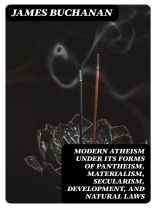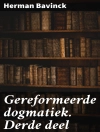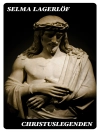In ‘Modern Atheism under its Forms of Pantheism, Materialism, Secularism, Development, and Natural Laws, ‘ James Buchanan critically examines the rising tide of atheism in the late 19th century. Employing a scholarly and analytical literary style, Buchanan dissects various philosophical strands contributing to contemporary atheistic thought, including pantheism, materialism, and secularism. He contextualizes these ideologies within a framework influenced by Darwinian evolution and the scientific understanding of natural laws, offering a systematic critique of their implications for morality and spirituality, while engaging with the prevailing intellectual currents of his time. James Buchanan, a prominent Scottish theologian and academic, was deeply entrenched in the theological debates of the Victorian era. His extensive background in philosophy, coupled with a commitment to Christian thought, compelled him to confront the challenges posed by modern atheistic ideologies. Buchanan’s work reflects his desire to provide a reasoned defense of theism against the encroaching skepticism of his contemporaries, rooted in both reasoned argument and pastoral concern for the moral fabric of society. This book is a vital resource for anyone seeking to understand the philosophical underpinnings of modern atheism and its impact on societal values. Buchanan’s detailed analysis and thoughtful engagement make it not only an essential read for theologians and philosophers but also for general readers interested in the ongoing discourse about faith, reason, and the human condition.
Despre autor
James Buchanan (1804-1870) was a distinguished Scottish theologian and preacher, known for his contributions to the intersection of theology and philosophy. He held the prestigious position of Divinity Professor at the University of Edinburgh, and his scholarly work in apologetics was widely recognized among intellectual circles of the nineteenth century. One of Buchanan’s seminal works is ‘Modern Atheism under its forms of Pantheism, Materialism, Secularism, Development, and Natural Laws’ (1855), which exemplifies his earnest effort to engage with contemporary philosophical thought from a Christian perspective. In the book, Buchanan provides a critical examination of various strands of atheistic thought prevailing at that time. His literary style reflects his academic rigor and eloquent defense of Christian orthodoxy against the rising tide of skepticism. Buchanan’s legacy is that of a profound thinker who skillfully bridged faith and reason, contributing to the enduring scholarly discourse on religion and modernity.












